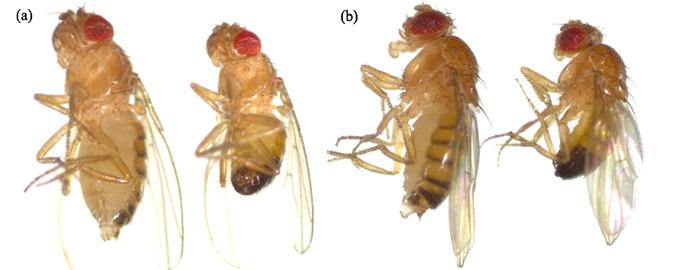
Credit: Torsten Nygård Kristensen, Aalborg University
People with the same diagnosis typically receive a standard treatment that is not necessarily effective for everyone. With knowledge of the individual patient’s genome, it may be possible in the future to a greater extent to target the medical treatment to fit with the patient’s genetic characteristics. Genetic information can thus contribute to more personalised – or customised – medicine. This is not done systematically today, partly because we have an incomplete understanding of the connection between our genetic material, the disease and the response to treatment.
– Although we are very far from a complete understanding of the link between differences in our genome and the risk of developing certain diseases, we know that almost all diseases are subject to a certain degree of genetic control. With a better understanding of the genetic and molecular biological processes underlying various diseases, it will be possible to develop new and more targeted types of medicine. This knowledge can also provide a better understanding of why patients with the same diagnosis do not necessarily respond equally favourably to a treatment, says Palle Duun Rohde, postdoc at Aarhus University.
Use of fruit flies to obtain valid data
Researchers from Molecular Biology and Genetics, Aarhus University, and Chemistry and Biosciences, Aalborg University, have collaborated for some years to understand the genetic mechanisms that contribute to the mental disorder ADHD by using the fruit fly as a model organism.
– The fruit fly is a fantastic model organism, which has contributed to major scientific breakthroughs. There are several aspects that make the fruit fly an important player, also in the field of human genetics. Up to three-quarters of all identified human disease genes are found in a similar version in the fruit fly, and there is also a high degree of structural and biochemical similarity between the nervous system of humans and insects, says Torsten Nygård Kristensen, professor at Aalborg University.
The researchers have examined a large number of movement behaviours of fruit fly lines that have been given Ritalin. The genome of the fruit flies was mapped, allowing the researchers to look at the relationship between the genetic composition of the flies and their behavioural response to Ritalin.
– In our study, we identified areas of the genome that have a decisive influence on the response to treatment. In other words, this means that the response to medical treatment – in this case in the form of Ritalin – is genetically determined, says Professor Torsten Nygård Kristensen.
The researchers behind the study continue their search for the genetic mechanisms underlying the different responses to the treatment, and they are just embarking on a project on a large human dataset that can contribute new important knowledge on this topic and the development of personalised medicine.
###
The research article has just been published in GENETICS: Rohde, P. D., Jensen, I. R., Sarup, P. M., Ørsted, M., Demontis, D., Sørensen, P. & Kristensen T. N. (2019). “Genetic signatures of drug response variability in Drosophila melanogaster”.
The research article has been nominated “October highlights” by the journal GENETICS.
Media Contact
Palle Duun Rohde
[email protected]
45-23-47-11-97
Original Source
http://mbg.
Related Journal Article
http://dx.




